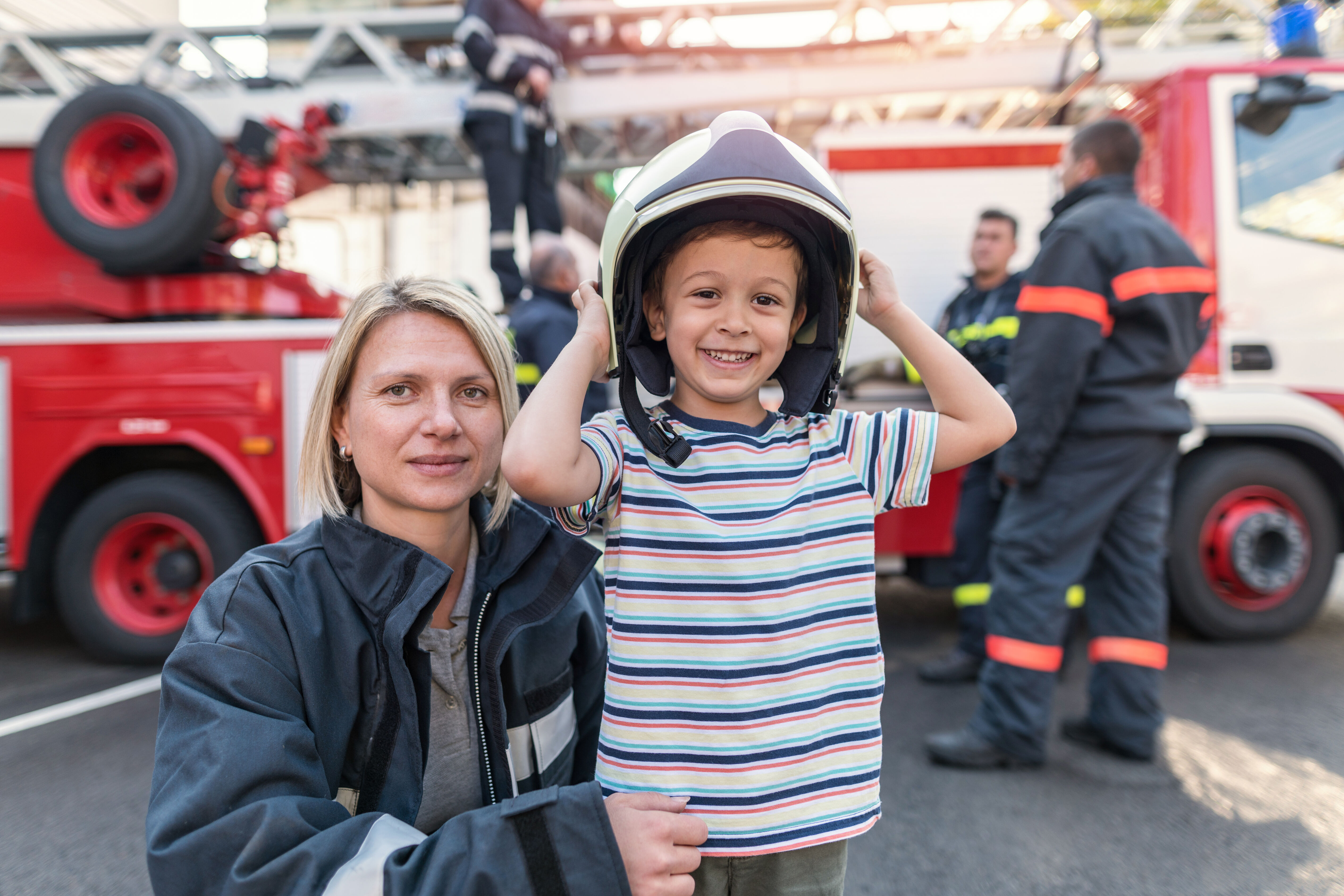Public Safety Personnel Families: Strengthening Relationships Through Stress and Shift Work
Being a public safety professional can strain family life, as irregular schedules and job-related stress often lead to emotional distance, anxiety, and relationship challenges.
How the Job Affects Families
Being a Public Safety Personnel (PSP)—whether it’s firefighting, police work, or EMS—isn’t just demanding for the individual. It affects their whole family. Long hours, rotating shifts, missed holidays, and exposure to traumatic events can make family life feel unpredictable or strained.
Research has shown that spouses and children of PSPs often experience higher levels of stress, anxiety, and emotional burnout. They may feel neglected, struggle with the responder’s emotional ups and downs, or feel unsure how to support them after a tough call or night shift. Over time, this can lead to tension in relationships and disconnect within the family unit.
Common Challenges in PSP Families
Families of PSPs often face a unique set of stressors:
Irregular schedules: It’s hard to plan family time when shift work or overtime is always changing.
Emotional distance: After witnessing difficult or traumatic events, PSPs may shut down or avoid talking—leaving their family feeling shut out.
Worry and fear: Partners and kids may worry constantly about the risks involved in the job, which can cause anxiety or sleep problems.
Studies confirm that these challenges can impact family satisfaction, lead to conflict, and even affect children’s mental health and behavior.
Coping Strategies for Stronger Relationships
Even though the demands are high, there are effective ways to keep relationships healthy and connected.
a) Talk Often—and Honestly
Sharing feelings and checking in regularly can help everyone feel heard. It's okay not to go into all the details of a hard call, but letting your partner or kids know you're struggling or tired opens the door for connection.
b) Keep Some Consistent Routines
Even small routines—like Sunday morning breakfast, bedtime stories, or a quick daily check-in—can create stability for families. Predictable moments build trust and comfort, especially for children.
c) Reach Out for Support
Therapists, peer support groups, and family-focused programs designed for PSPs can make a big difference. These spaces provide practical tools, and sometimes just knowing others are facing the same thing helps reduce stress.
Resources to Support PSP Families
Family First Responder Program: Offers educational tools and emotional support tailored to the needs of first responder spouses, partners, and children.
www.familyfirstresponder.com
NAMI Public Safety Family Support: Resources from the National Alliance on Mental Illness (NAMI) for families navigating mental health in the world of public safety.
www.nami.org
Code 3 Families Podcast: Real stories and tips from first responder families on managing stress, relationships, and parenting.
Guardian Revival Blog
References
Cramm, H. et al. (2022). The mental health and wellbeing of spouses, partners, and children of emergency responders: A systematic review. PLOS One.
https://journals.plos.org/plosone/article?id=10.1371/journal.pone.0269659
Beehler, S. & Totten, L. (2023). First Responder Families: Identifying Stressors and Building Resilience. Springer.
https://link.springer.com/chapter/10.1007/978-3-031-38149-2_22
Re:Building Families Program. Family First Responder.
https://www.familyfirstresponder.com/program
.png)
.png)
.png)
.png)
.png)
.png)








.jfif)
